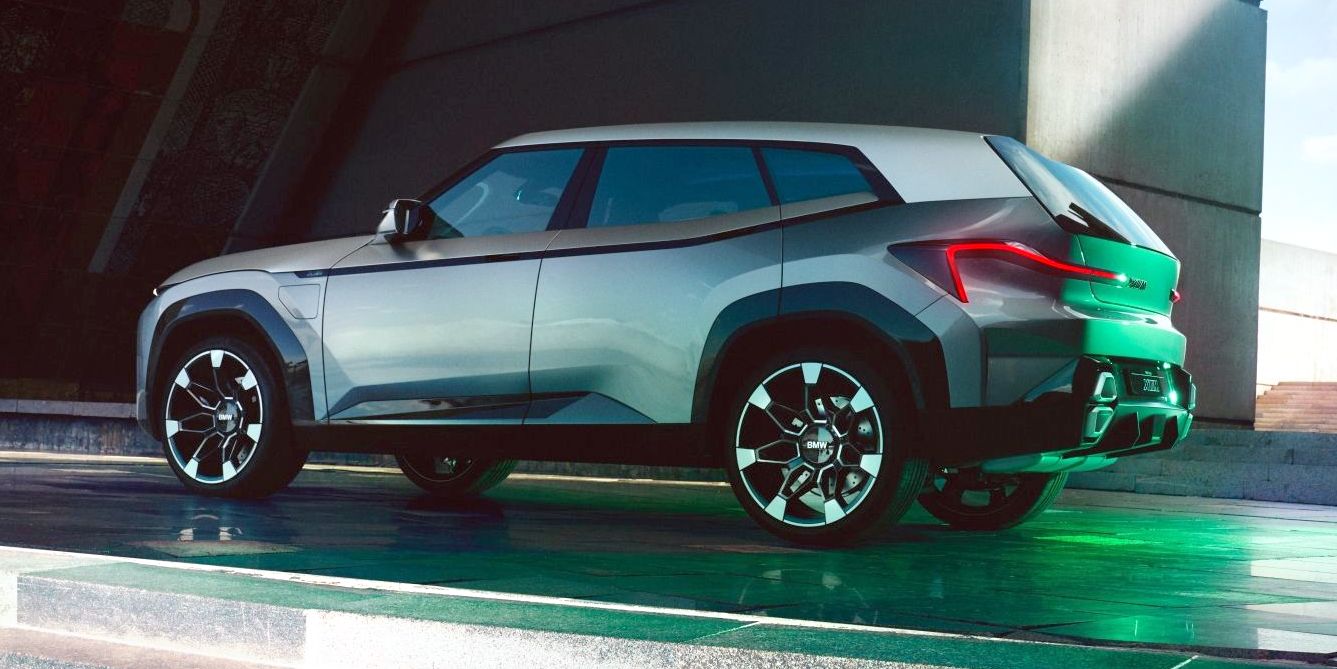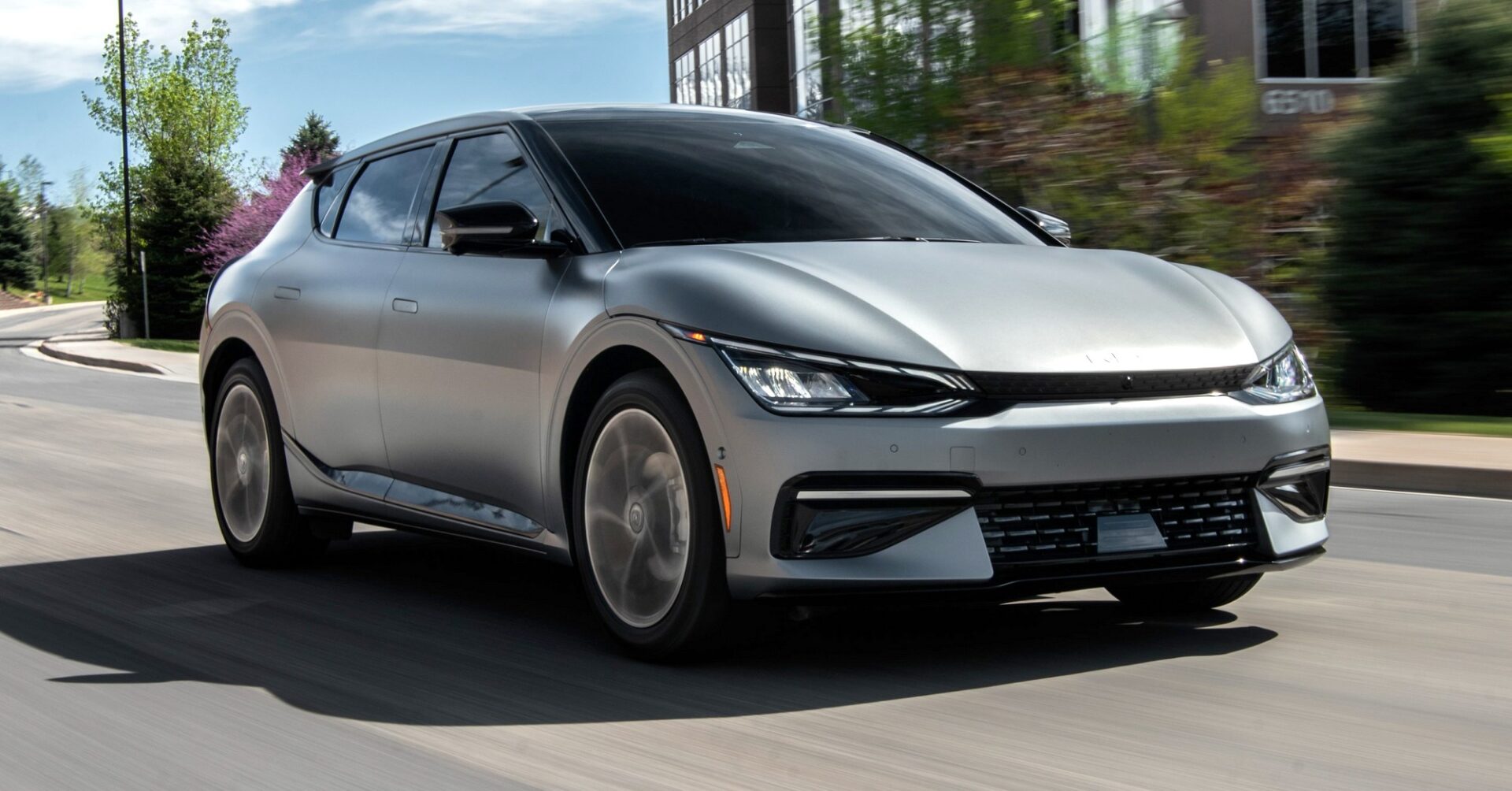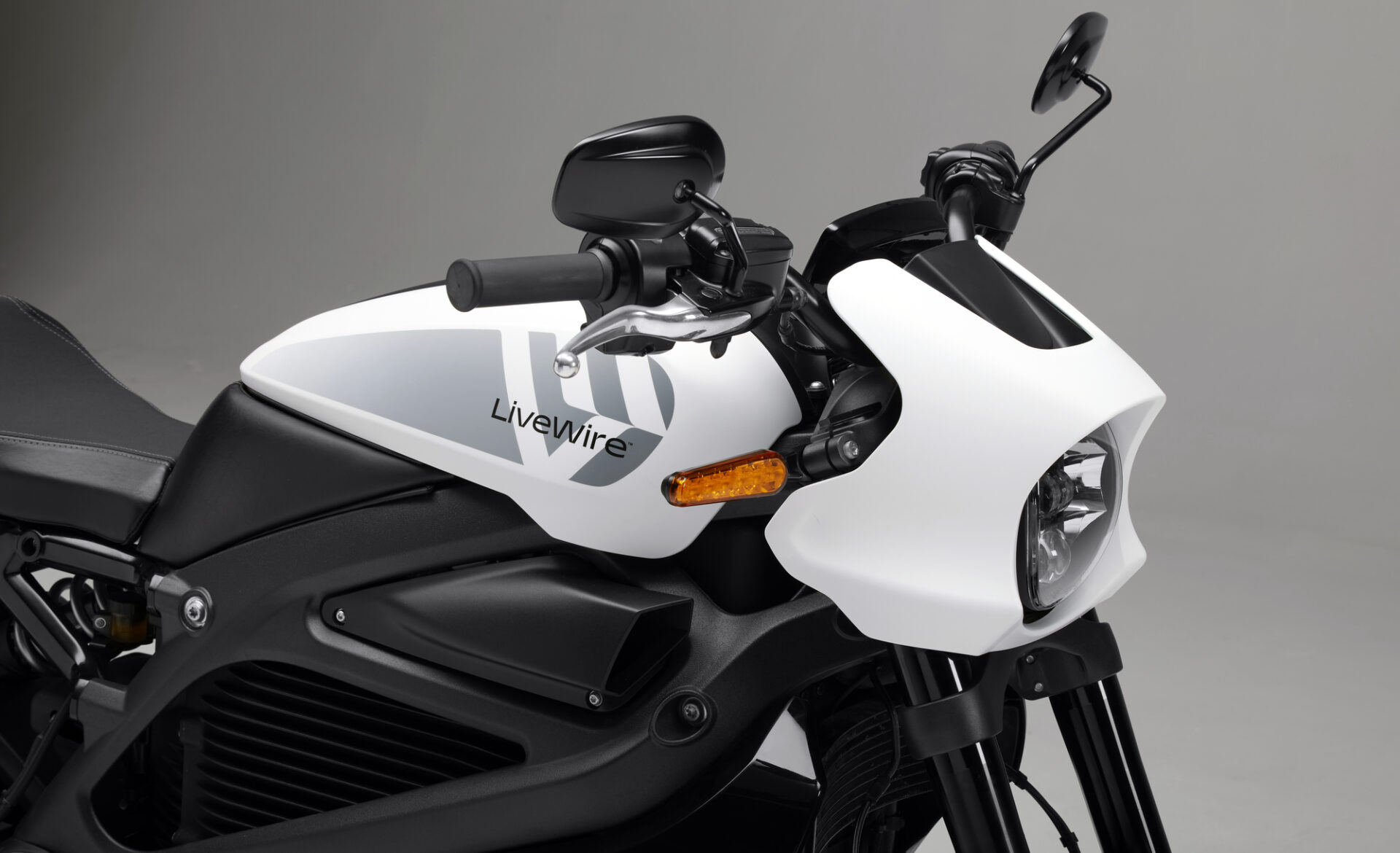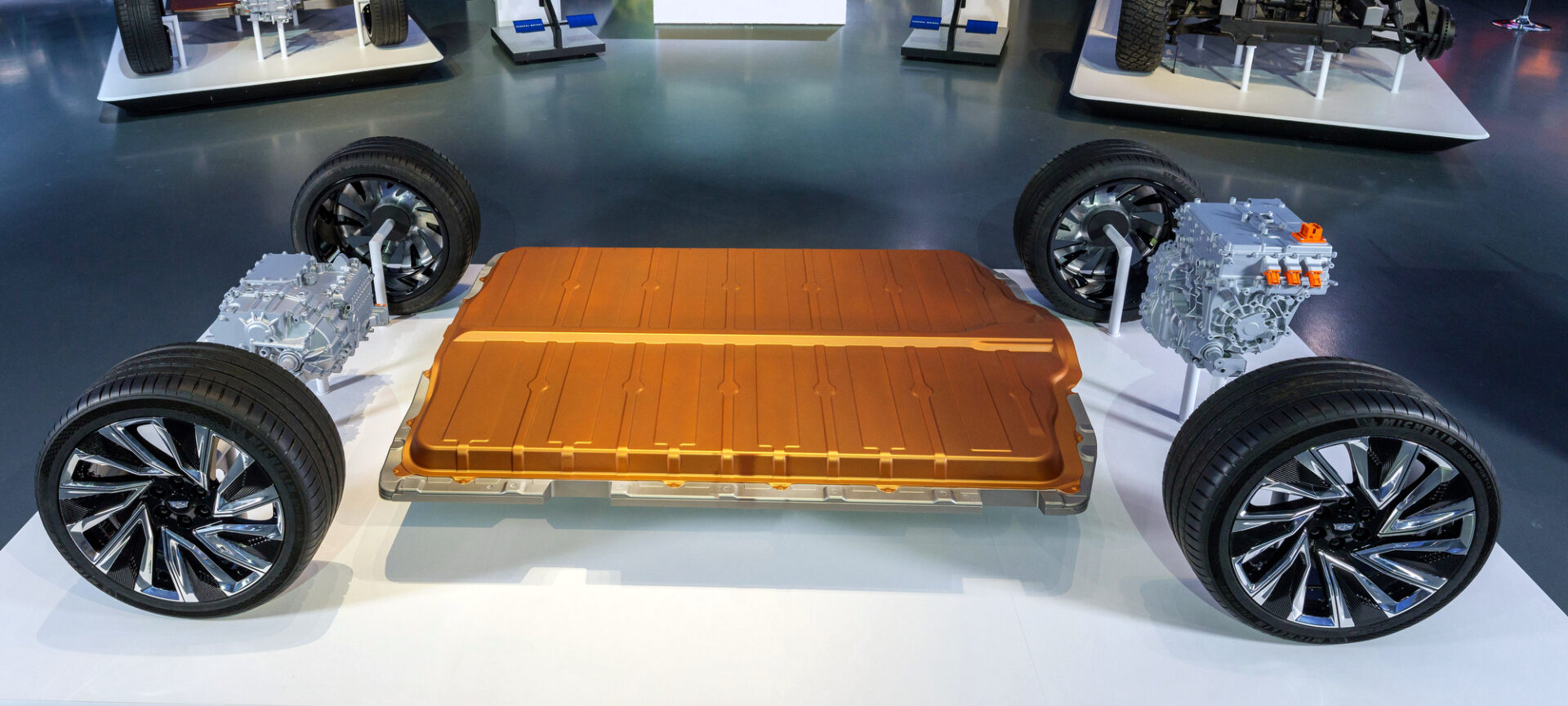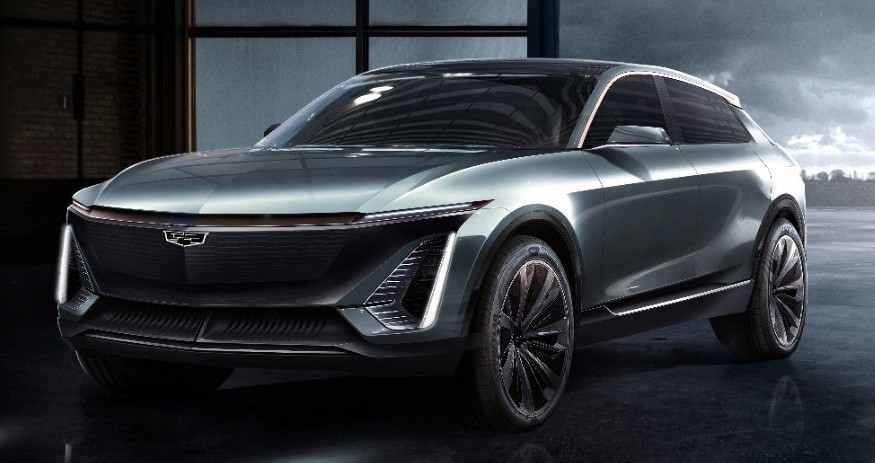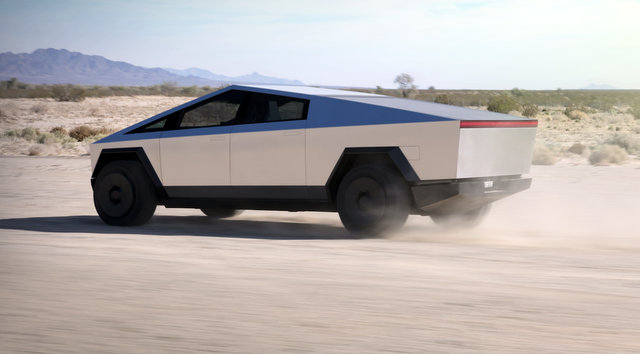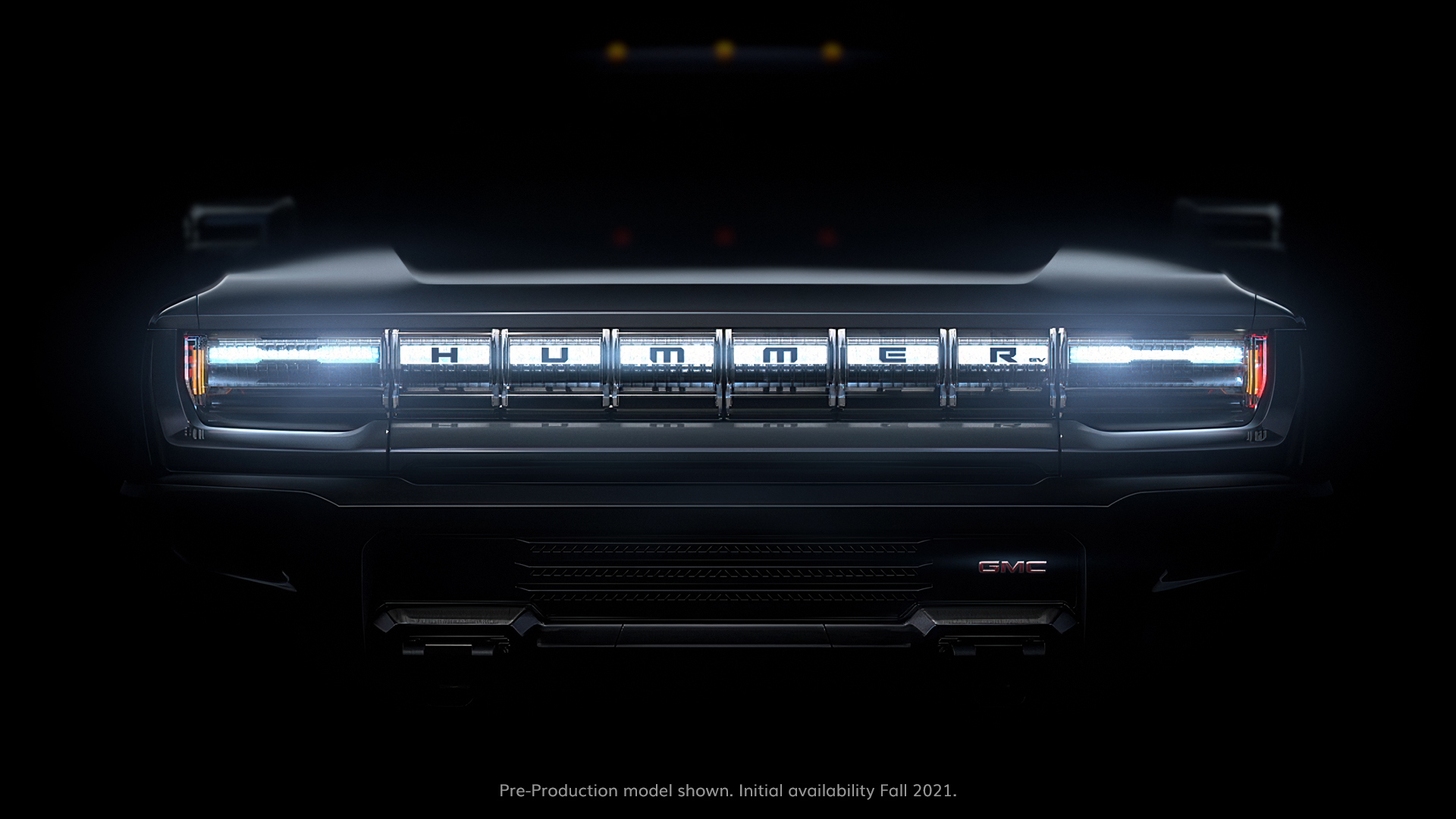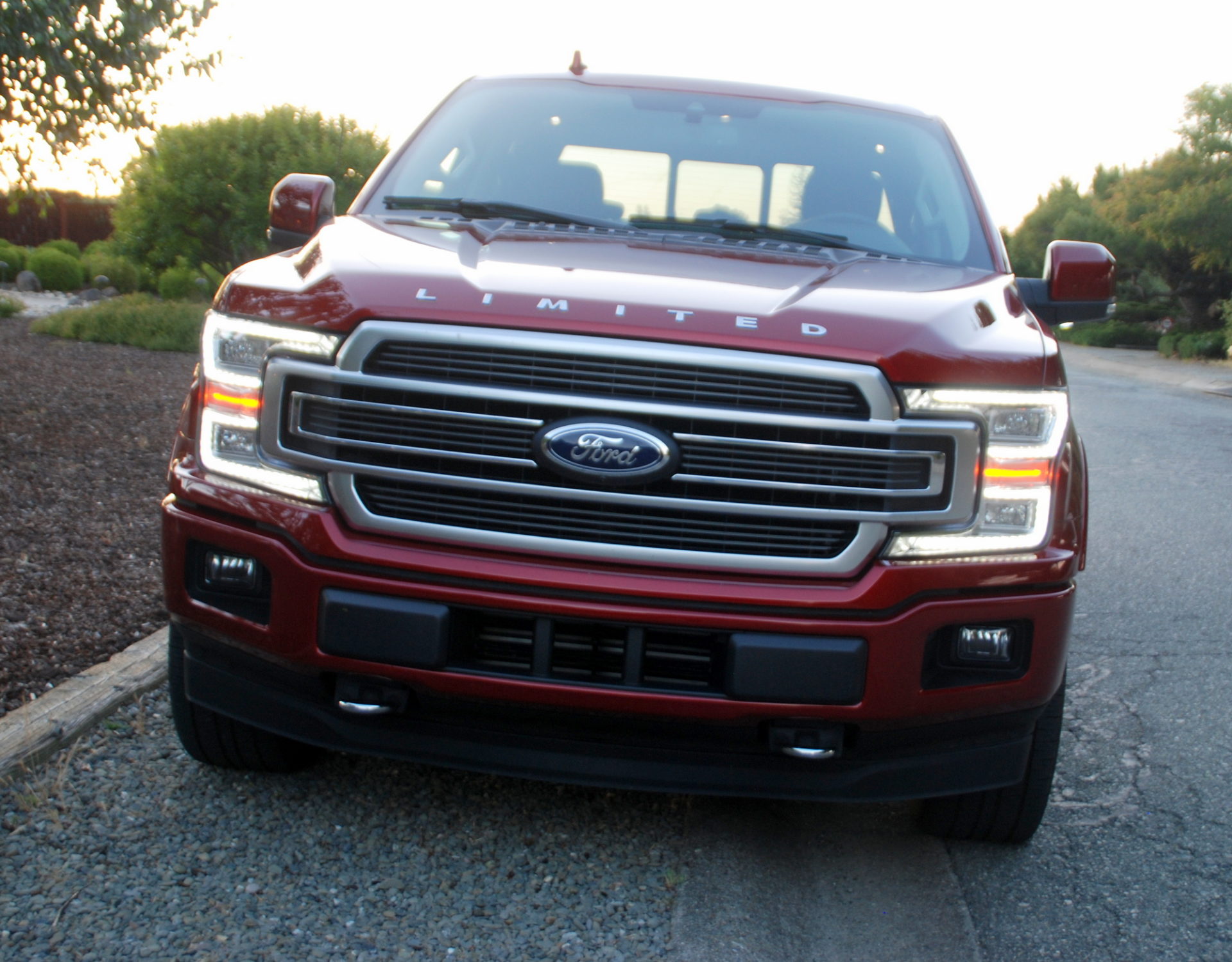News: 2023 BMW XM PHEV Revealed
BMW is making a statement with the 2023 XM. A plug-in hybrid propulsion system that is exclusive to the M class, unique interior materials and new design direction combine to offer a peek into the future of what all luxury BMW models will look like.

